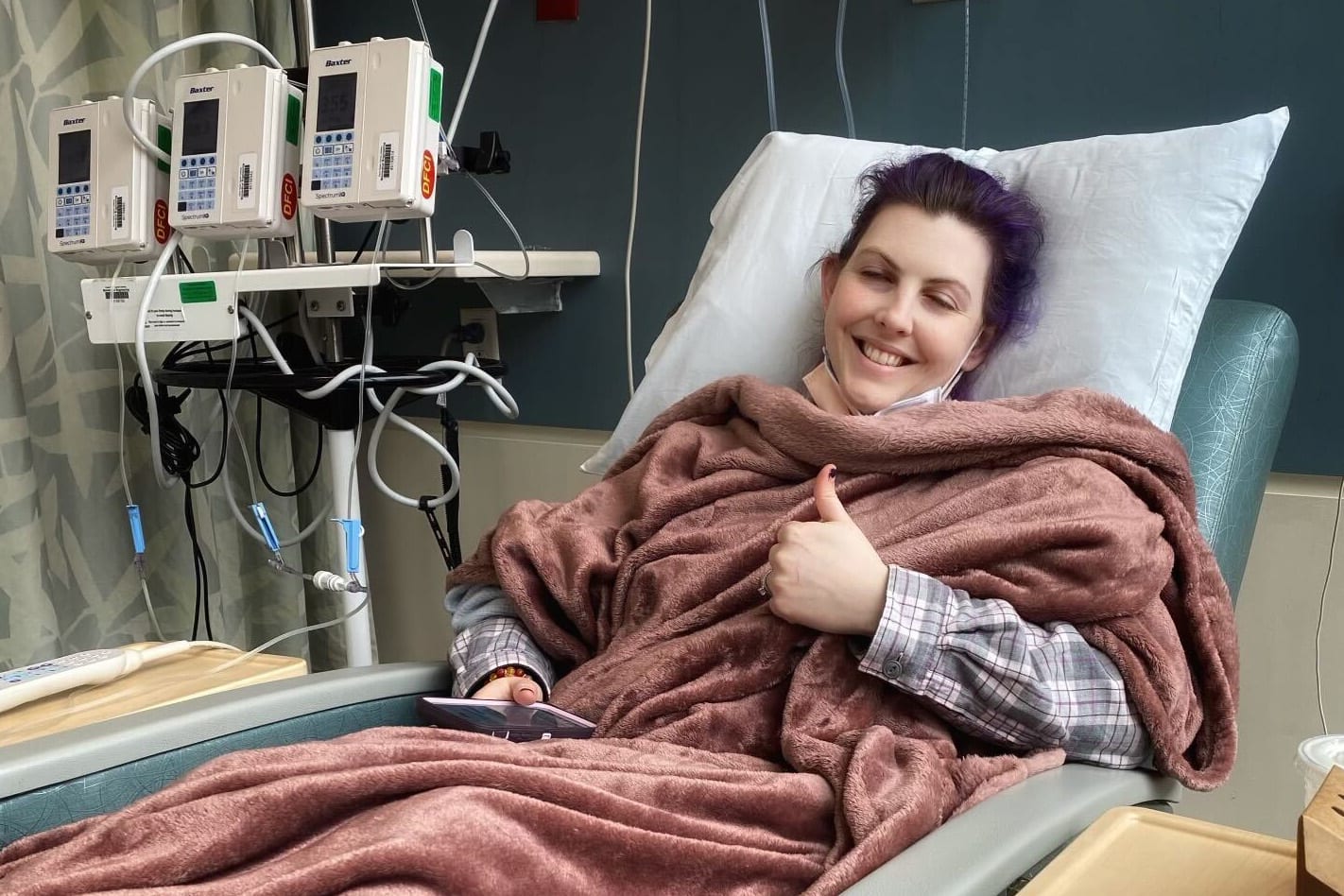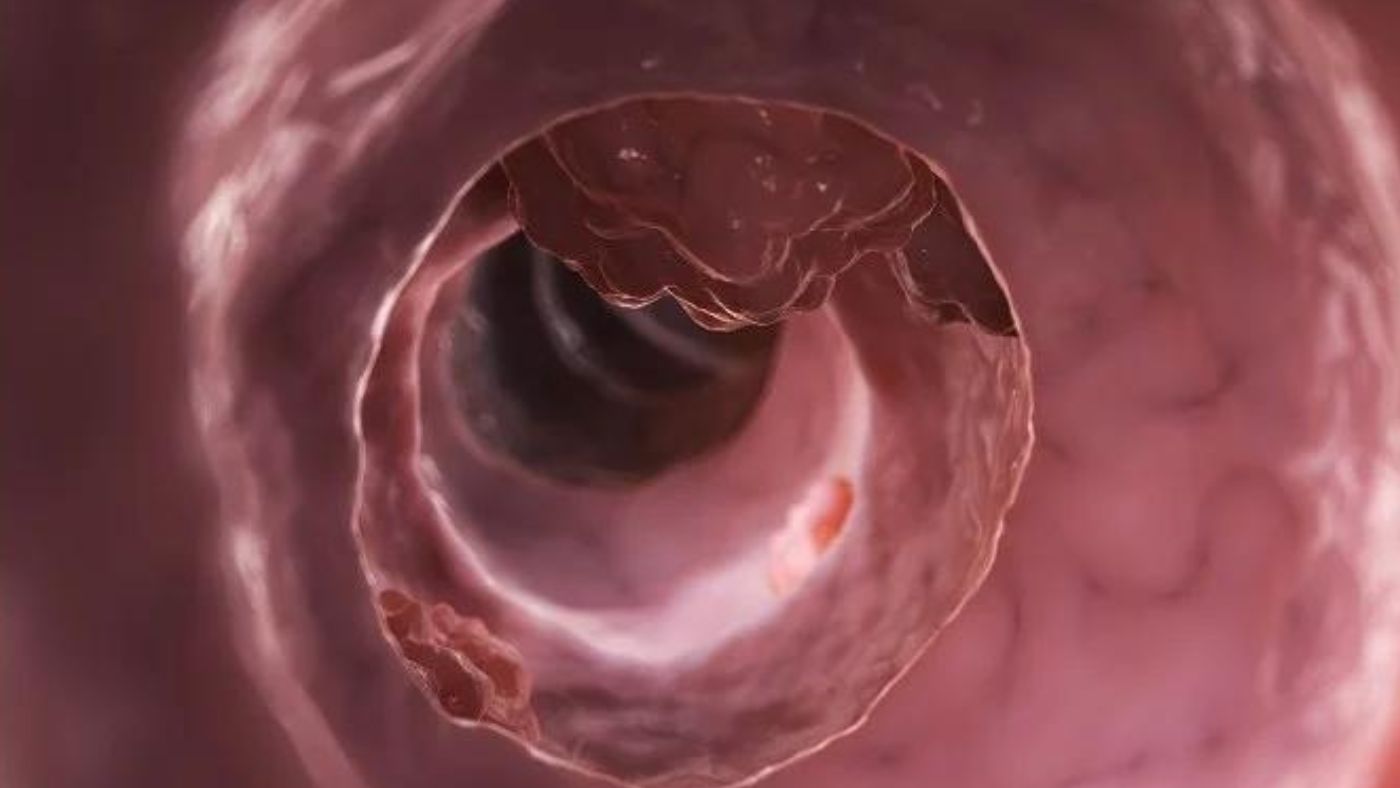Colorectal cancer is now identified as the deadliest cancer for men under 50 and the second deadliest among women in the same age group, following breast cancer.
Over the past two decades, the incidence of colon cancer has steadily risen, ranking as the fourth-leading cause of cancer-related deaths for individuals under 50 during that period.
Lung cancer remains the most frequent cause of cancer mortality overall, affecting both men and women. Prostate cancer ranks second for men, while breast cancer holds the same position for women. Colorectal cancer is the third leading cause of cancer death for both sexes.
The American Cancer Society recently reported that colon and rectal cancers have emerged as prominent causes of cancer deaths among younger adults for the first time. This finding was published in CA: A Cancer Journal for Clinicians.
Traditionally, cancer has primarily affected older adults, although the proportion of new cases among people aged 65 and older has declined from 61% in 1995 to 58%.
This reduction is mainly attributed to declines in prostate cancer and smoking-related cancers, despite the aging population increasing from 13% to 17% of the total.
Conversely, diagnoses among adults aged 50 to 64 have risen from 25% to 30% since 1995.
The report did not specify age-related breakdowns for increasing rates of breast cancer, endometrial cancer, mouth, and throat diseases.
Dr. Kimmie Ng, director of the Young Onset Colorectal Cancer Center at Dana-Farber Cancer Institute in Boston, noted,
“For a couple of decades now, we have been noticing that the patients coming into our clinic seem to be younger and younger. What this report now cements for us is that these trends are real.”

Dr. William Dahut, chief scientific officer at the American Cancer Society, highlighted that younger individuals often receive diagnoses at later stages, resulting in more aggressive cancers that are harder to treat.
Sierra Fuller, 33, experienced the shock of a late-stage colorectal cancer diagnosis. Initially dismissing symptoms like blood in her stool, she was eventually diagnosed with stage 3b colorectal cancer, prompting aggressive treatment including radiation, chemotherapy, and surgery.
Fuller, who had no family history of colon cancer, and her husband decided to freeze embryos before her treatment began.
Fuller’s experience underscores how cancer uniquely impacts young patients.
“People younger than 65 are less likely to have health insurance and more likely to be juggling family and careers,” Dahut noted. “Also, men and women diagnosed younger have a longer life expectancy in which to suffer treatment-related side effects, such as second cancers.”
Though now cancer-free, Fuller remains vigilant with regular scans and tests, acknowledging the persistent concern of cancer recurrence.
As to why cancer rates, particularly colorectal cancer, are increasing in younger adults, experts speculate on factors such as rising obesity rates, sedentary lifestyles, and unhealthy diets.
Dr. Ng suggested that environmental factors could also be at play, potentially altering microbiomes or immune systems and increasing susceptibility to cancers at younger ages.
Screening for colorectal cancer typically begins at age 45, with earlier screening recommended for individuals with family histories of the disease. Maintaining a healthy weight and minimizing red meat consumption are also advised to mitigate risks.
Warning signs of colorectal cancer include blood in the stool, abdominal pain, unintended weight loss, and changes in bowel habits. Ng emphasized the importance of promptly consulting a primary care physician if symptoms persist or worsen.
The evolving landscape of cancer underscores the need for continued vigilance and research to address the rising challenges in diagnosis and treatment among younger adults.
